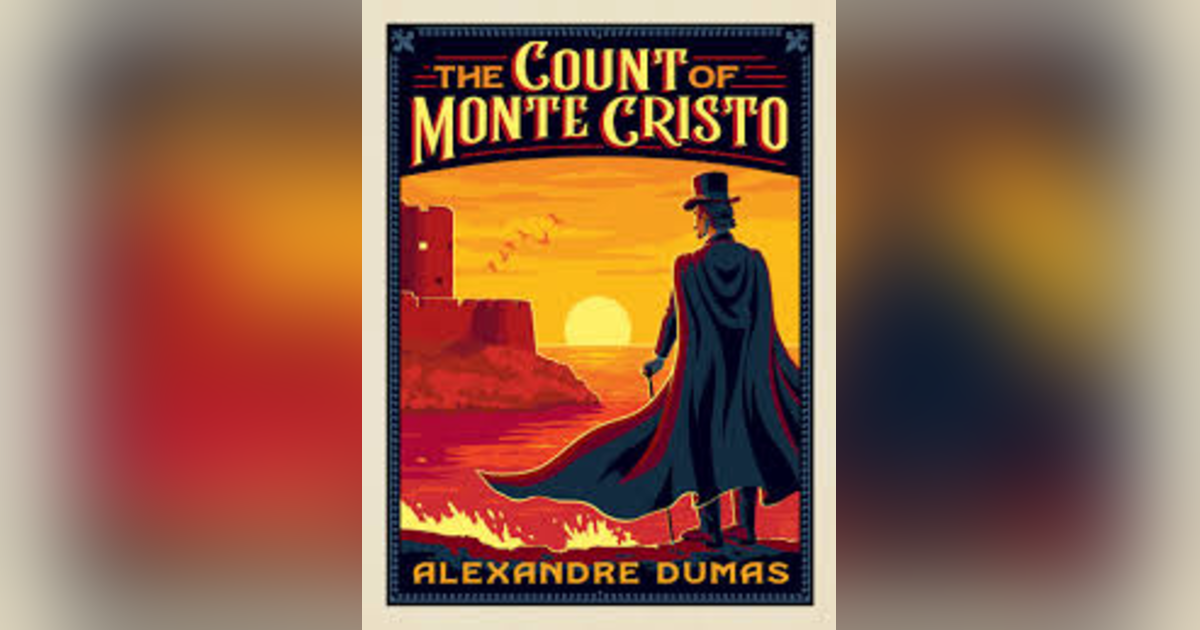THE COUNT OF MONTE CRISTO (CHAPS 87-88) THE CHALLENGE and THE INSULT

CHAP 87 THE CHALLENGE
SummaryAnalysis
Infuriated, Morcerf says that he must go to the man who set all these things in motion. He asks Beauchamp if he knows who could have planted the story at the rival paper, and Beauchamp says that during his trip to Janina, he heard that an emissary of Danglars’ was there just two weeks previously. Albert is instantly convinced that Danglars is behind the attack on his father’s name, and he goes to Danglars’ house to confront him.
Albert finds himself angry at the man who once plotted, along with his own father Fernand, to put Dantes in prison. The Count, though not directly involved in any of this activity, has nevertheless made it so that the families of the plotters have turned against each other. Now, it seems, the Count’s desire to stay out of active roles in these machinations makes more sense: he wants the other characters to avenge themselves on each other, as if he’s entirely uninvolved.
In front of Andrea, who is standing in the main receiving room, Albert challenges Danglars to admit to his wrongdoing against Fernand. Danglars says that it was really nothing personal, that he was only checking up on the family of the man who wished to marry his only daughter—and that, at any rate, he was encouraged to take this investigative step by the Count. Albert immediately puts together the Count’s role in this (living with Haydee, and ensuring that Albert and Haydee could meet and talk) and vows to Beauchamp to confront the Count before returning to Danglars.
In an intriguing turn, Danglars indicates that his investigation into Albert’s family was not entirely of his own initiative, and that the Count really is involved in the machinations from which he’s tried so hard to absent himself. Albert feels betrayed by a friend to whom he was devoted, and thus his dueling impulse has moved from Beauchamp, then to Danglars, and finally to the man to whom he’s closest: the Count.
CHAP 88 THE INSULT
SummaryAnalysis
Albert goes to the Count’s home, but the Count is bathing and then napping before the opera. Albert quickly goes home to see his mother, who is devastated by Fernand’s social reversals. Albert tells Mercedes he has realized that the Count never eats in the home of his sworn enemies, thus explaining why he took no food at the Morcerfs’ July party, despite Mercedes’ urging. At this, Albert tells his mother he is off to meet the Count at the opera to challenge him to a duel.
Finally, Albert has put together the fact that the Count is not exactly his friend. Instead, the Count believes that he has a blood-feud with the Morcerf family, and Albert recognizes that what he thought was a friendship was, in fact, a sham. This raises an interesting moral question: is it fair or “just” for the Count to have misled Albert in order to exact revenge on Albert’s father?
At the opera, Albert and Beauchamp find the Count in his box. Albert challenges him to a duel, says that Beauchamp will be his second, and declares that they will meet the next morning before 10 am. The Count, sitting with Maximilien in the box, says that it is all a matter of “perfect indifference” to him, that he will win the duel regardless of the time or instrument. Beauchamp, shocked, conveys this information back to Albert, and Morrel asks the Count in private if he really believes that he is on the right side. The Count says that this is indeed the case, that they will absolutely win, and Morrel agrees to be his second. Morrel says he will also ask Emmanuel to join them the next morning at seven, before meeting Albert in the forest at eight.
The Count, as is characteristic of him, appears to have no concern whatsoever about his ability to win the duel. This faith in his abilities seems to be a more pronounced version of that same skill he demonstrated many years ago as the first mate on the Pharaon, and then again in prison, under the tutelage of the Abbe Faria. Although the Count feels it would not necessarily be a good thing to wound or kill Albert, he, like Albert, knows that a gentleman must participate in a duel if he is called to do so.




